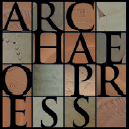
Publishing Scholarly Archaeology since 1997
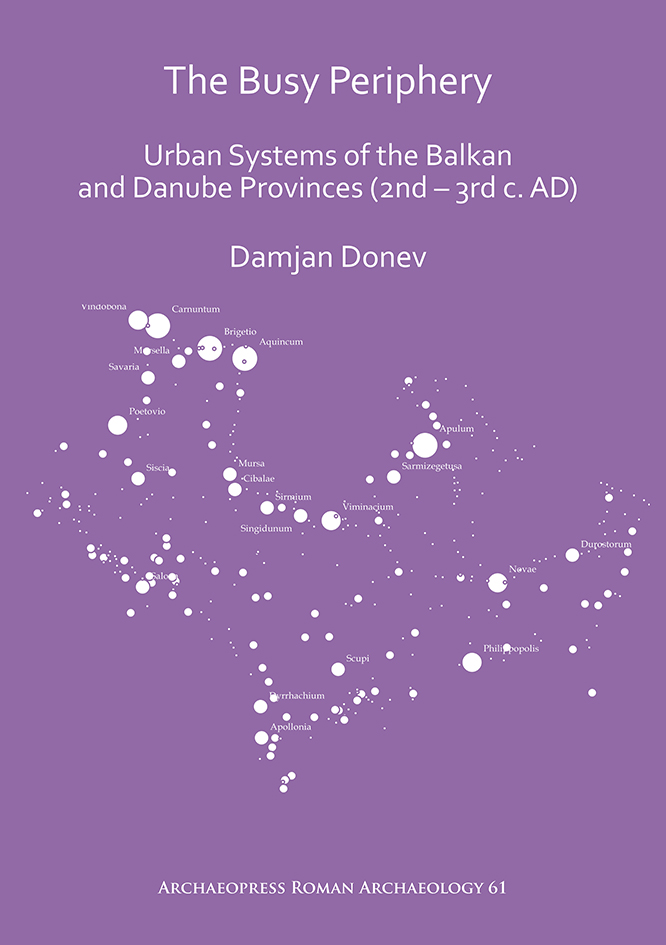
Download Sample PDF
H 205 x W 290 mm
392 pages
106 figures, 21 tables, 123 maps
Published Dec 2019
ISBN
Paperback: 9781789693492
Digital: 9781789693508
Keywords
Towns; urban-systems; Roman Empire; Balkan Peninsula; Danube; Roman provinces
Related titles
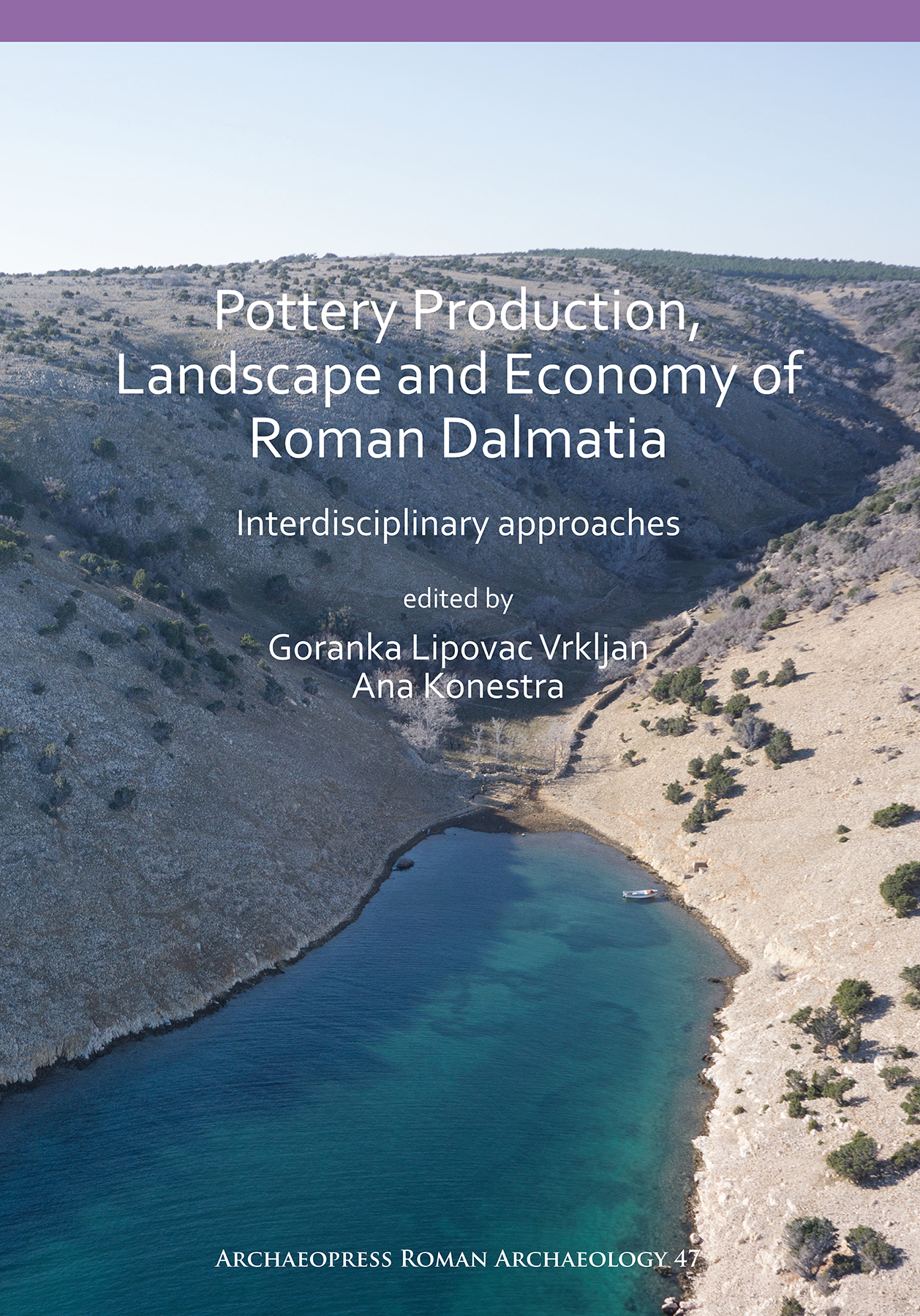
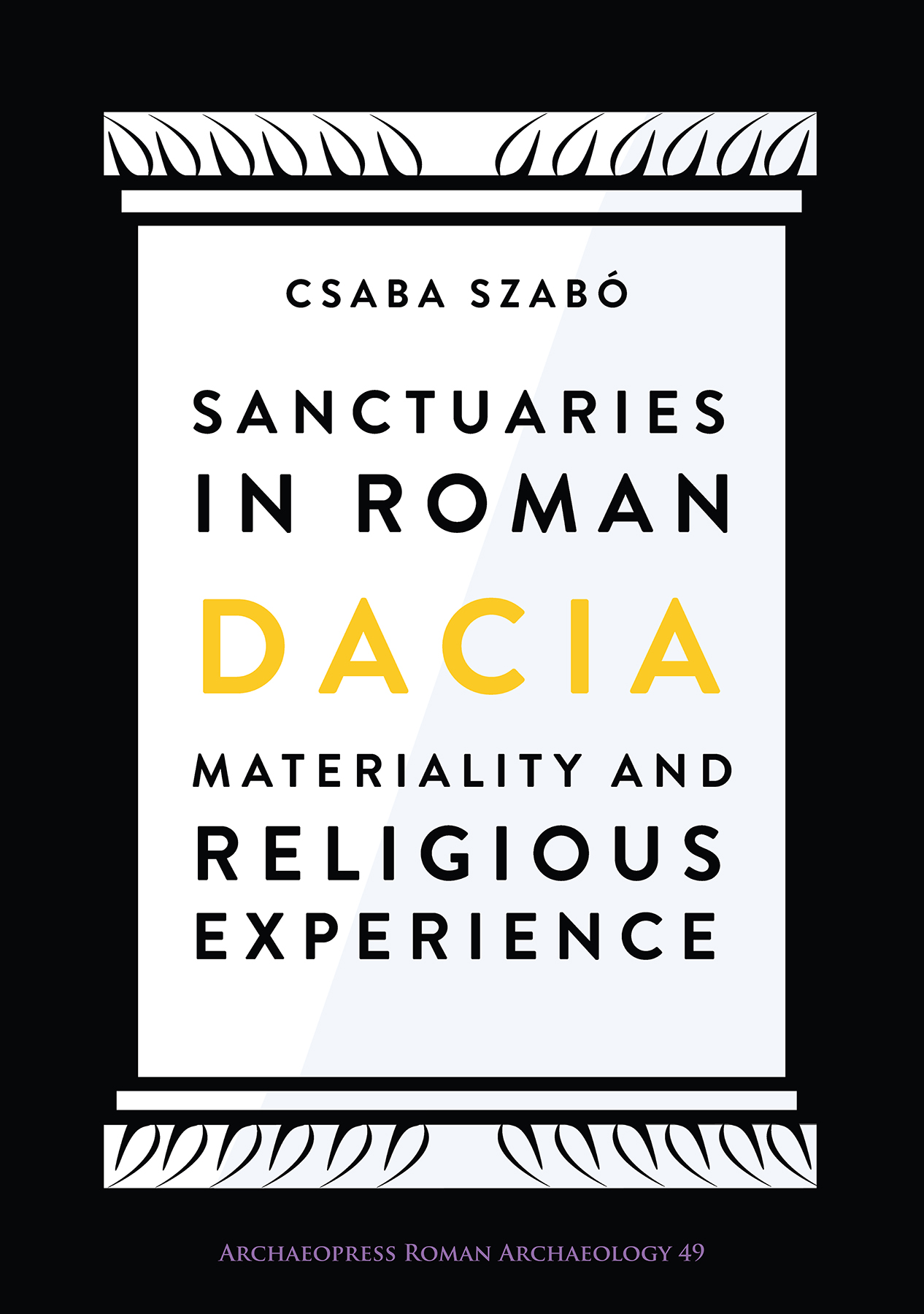
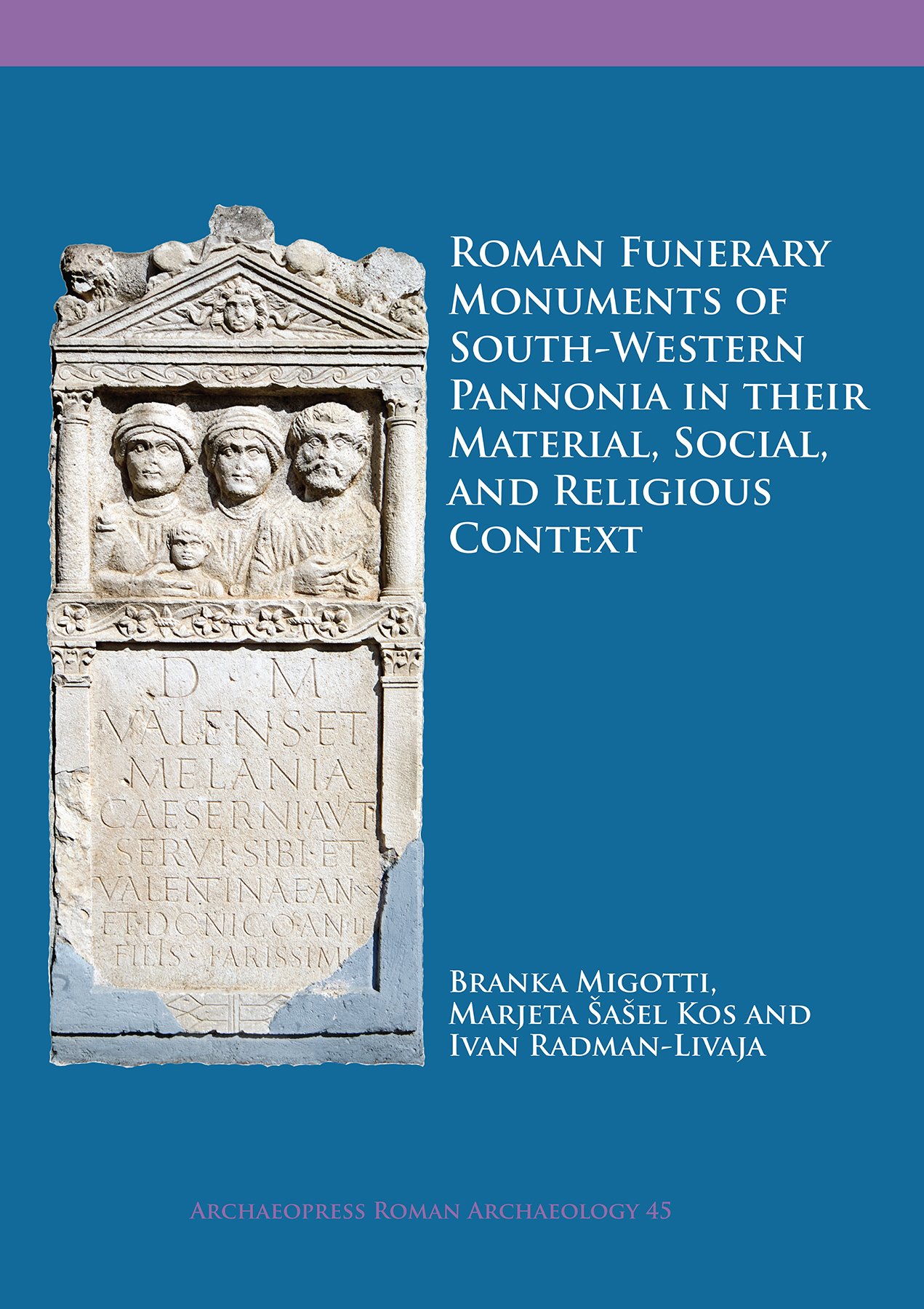
Archaeopress Roman Archaeology 61
The Busy Periphery: Urban Systems of the Balkan and Danube Provinces (2nd – 3rd c. AD)
By Damjan Donev
Paperback
£54.00
Includes PDF
PDF eBook
(personal use)
£16.00
PDF eBook
(institutional use)
£54.00
This book reconstructs the urban geography of the Balkan and Danube provinces during the Severan dynasty, mapping the variable developments of the urban network between and within the sub-regions of that part of the Roman Empire. It examines the role of the town in Roman provincial society, and the prerequisites for their emergence and prosperity.
Contents
About the Author
Damjan Donev completed his Master’s degree at the department of Archaeology and Art History at Bilkent University, Ankara, and earned his doctoral degree in September 2014, at Leiden University, the Netherlands. Between 2013 and 2017, he worked on the ERC-funded project ‘An Empire of 2000 cities’, hosted by Leiden University. Over the past couple of decades, Damjan has participated in and directed a number of archaeological field projects. His geographic focus is the Balkan Peninsula, while his research interest include regional studies, with a special emphasis on settlement patterns, hierarchies, and territoriality, methods of field survey and remote sensing.Reviews
‘Based on the rich material used in his sophisticated methodological approach, this book will remain an important contribution in the problematic and booming field of urban and spatial studies as well.’ – Csaba Szabó (2021): Journal of Ancient History and Archaeology
'Intermediate students and established scholars of Roman and Balkan archaeology will find The Busy Periphery a useful springboard for their own research into particular provinces and urban centers. This research stands to further underscore the Balkans’ importance to wider narratives of urban life and Roman imperialism in the ancient Mediterranean.' – Matthew Schueller (2022): American Journal of Archaeology
'In conclusion, Donev offers to the readers a very thorough investigation of a diverse and sometimes uneven range of data for the archaeology of Roman towns and territories in the Balkan and Danubian provinces during the Early Roman Empire, introducing new concepts and analysis tools and also opening up new research directions.' – Adriana Panaite (2022): Dacia LXV
'In conclusion, Damjan Donev’s book is an important contribution to the urban history of the Roman empire. It vastly surpasses earlier attempts of analyses made on “extra-provincial” level (for example, Mocsy 1974 includes only Moesia Inferior and Pannonia). The book forms a solid basis which can be expanded further as the archaeological research (and publications) progresses.' – Vladislav Zhivkov (2022): Archaeologia Bulgarica ХХVI, 3
‘All in all, the book is a useful addition to the historiographical landscape not only of the Danube and Balkan provinces but of the Roman Empire overall,9 dealing with a fragmented and heterogeneous territory in a holistic manner. The thorough analysis, the interdisciplinary methods, and the synthetic graphs, tables and maps all contribute to the book’s value for future research.’ – Rada Varga (2022): Journal of Roman Archaeology (2022)

 Add to wishlist
Add to wishlist